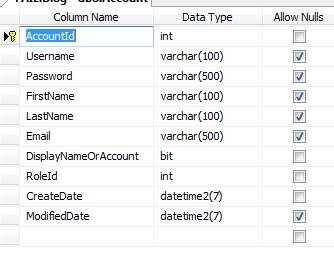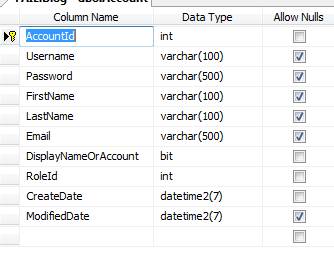Introduction to SQL
Unlock the Power of Data: Master SQL Fundamentals Today!

17 Hours average completion time
1.7 CEUs
16 Lessons
24 Exams & Assignments
137 Discussions
16 Videos
33 Reference Files
33 Articles
Mobile Friendly
Last Updated May 2024
"Mastering SQL: From Novice to Expert"
In today's digital age, with data driving insights and decisions across industries, understanding the intricate dance of databases is paramount. Our in-depth course, "Mastering SQL: From Novice to Expert," provides a comprehensive journey into the heart of SQL, ensuring that even those without any prior SQL knowledge emerge as proficient database maestros by the end.
SQL: The Unseen Hero Behind Data
Structured Query Language (SQL) is the bedrock of modern databases. It's the primary tool that connects you with vast pools of data, ensuring you can store, retrieve, manipulate, and manage information effortlessly. Picture a sprawling library; if the books are data, then SQL is the skilled librarian guiding you to the exact information you seek.
Course Highlights:
-
Foundational Understanding: Begin with the basics as you delve into data structures, deciphering the intricacies of various SQL engines like Access, Oracle, and MySQL.
-
SQL Statements Unraveled: We demystify core SQL commands for you, from fetching data with SELECT, modifying it with UPDATE, adding it with INSERT, or removing it with DELETE.
-
Crafting & Designing Tables: Dive deep into the art and science of creating and designing tables -- the fundamental blocks where your data resides.
-
Stored Procedures & Efficiency: Explore the power of stored procedures, reusable SQL scripts that enhance your efficiency, ensuring repetitive tasks don't require continuous coding.
-
Advanced Concepts & Tools: Tackle advanced SQL tools and techniques. From leveraging cursors for traversing database records, harnessing transactions to ensure data remains pristine, to sculpting views for handling vast data panoramas -- we've got it covered.
-
HD Video Demonstrations: Visual learners rejoice! Our high-definition video tutorials elucidate even the most complex concepts, ensuring clarity and comprehension.
Why "Mastering SQL: From Novice to Expert"?
Data is often called the "new oil." But raw data, like crude oil, isn't valuable by itself. It needs refining, understanding, and management. That's where SQL comes into play. As the linchpin of databases, SQL is a skill that's invaluable for anyone in the tech industry, be it database administrators, data analysts, or business owners seeking tailored insights.
By immersing yourself in our course, you're not just learning a language; you're acquiring a toolkit that empowers you to harness data's potential, unlock insights, and pave the way for informed decisions.
Embark on this transformative journey, and evolve from an SQL novice to an adept database virtuoso, armed with the knowledge and confidence to navigate the vast seas of data with finesse and precision. Let the data revolution begin!
- Pattern matching with SQL wildcards
- Creation and use of stored procedures
- Advanced query optimization skills
- Enhanced data analysis capabilities
- Efficient data manipulation techniques
- Familiarity with SQL views and expression
- Mastery in using SQL joins
- Database design and management
- Understanding of SQL engines
- Proficient data retrieval strategies
- Transactional integrity management
Choose from plans starting at just $16/month (billed annually)
See Your Team Succeed
Empower your team instantly with an integrative group enrollment system. Purchase licenses in bulk with Group Discounts.




















